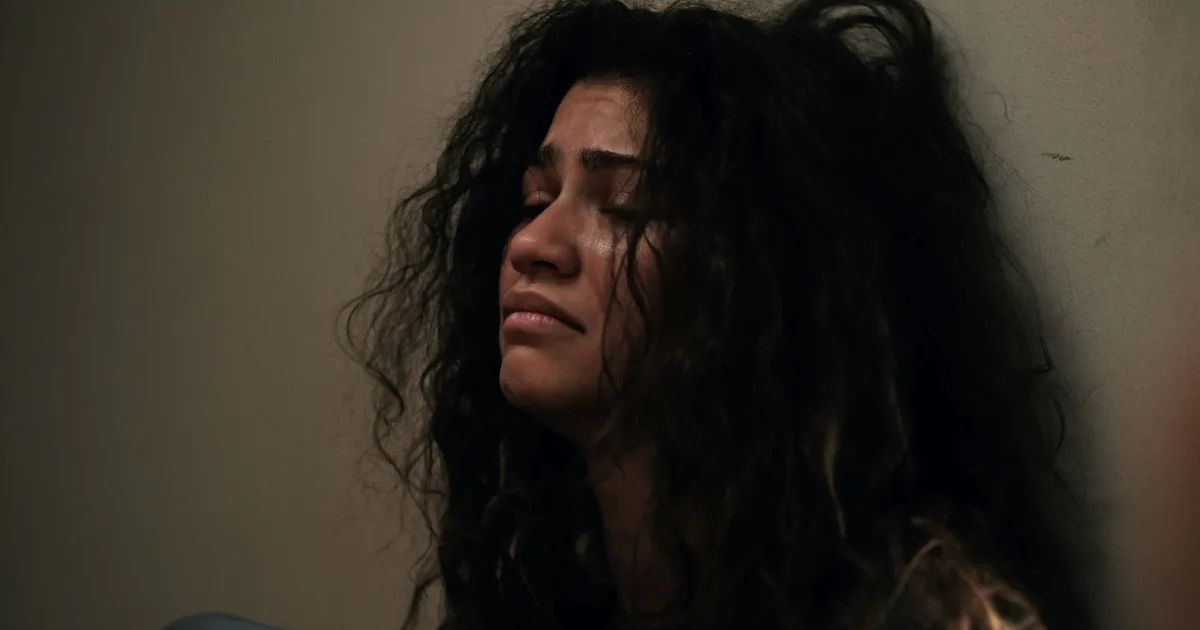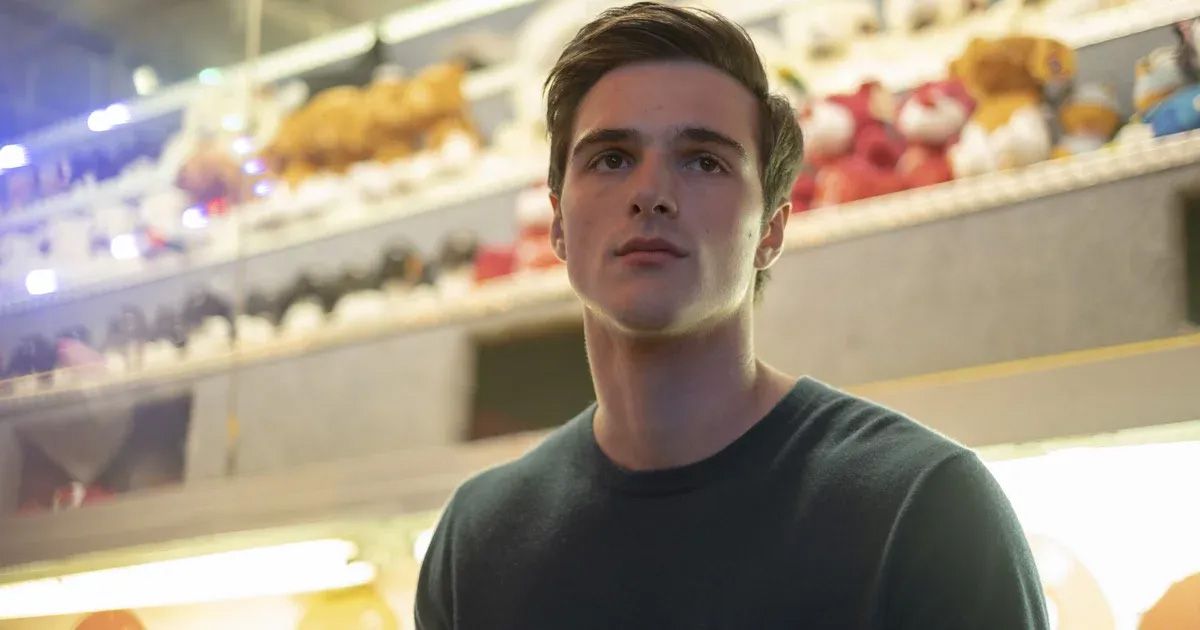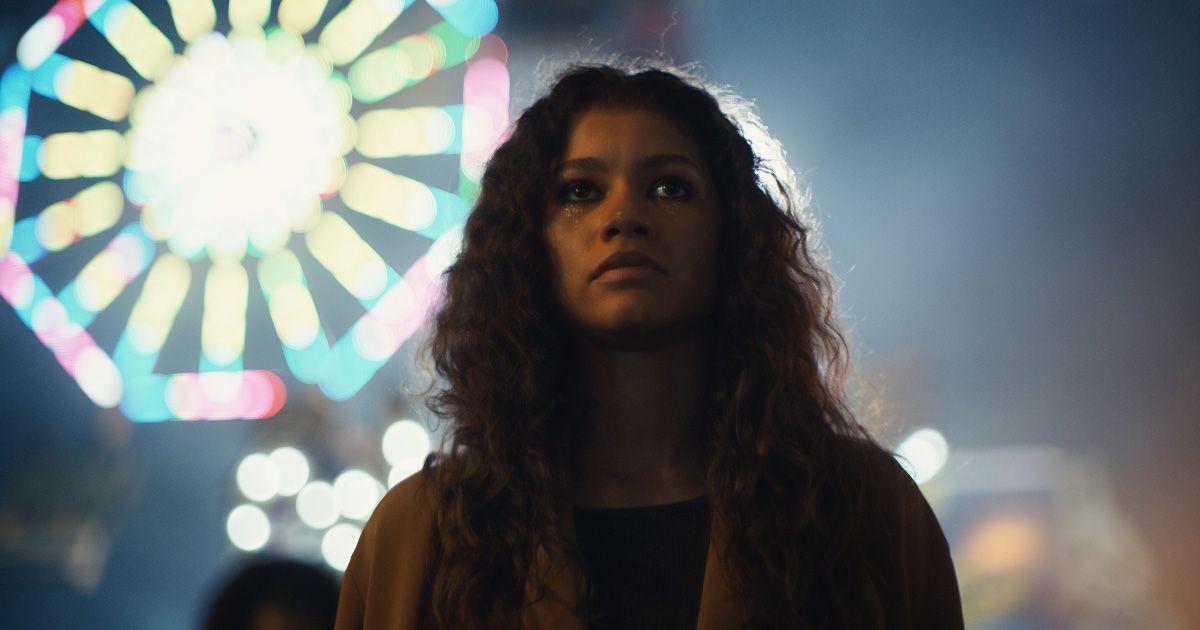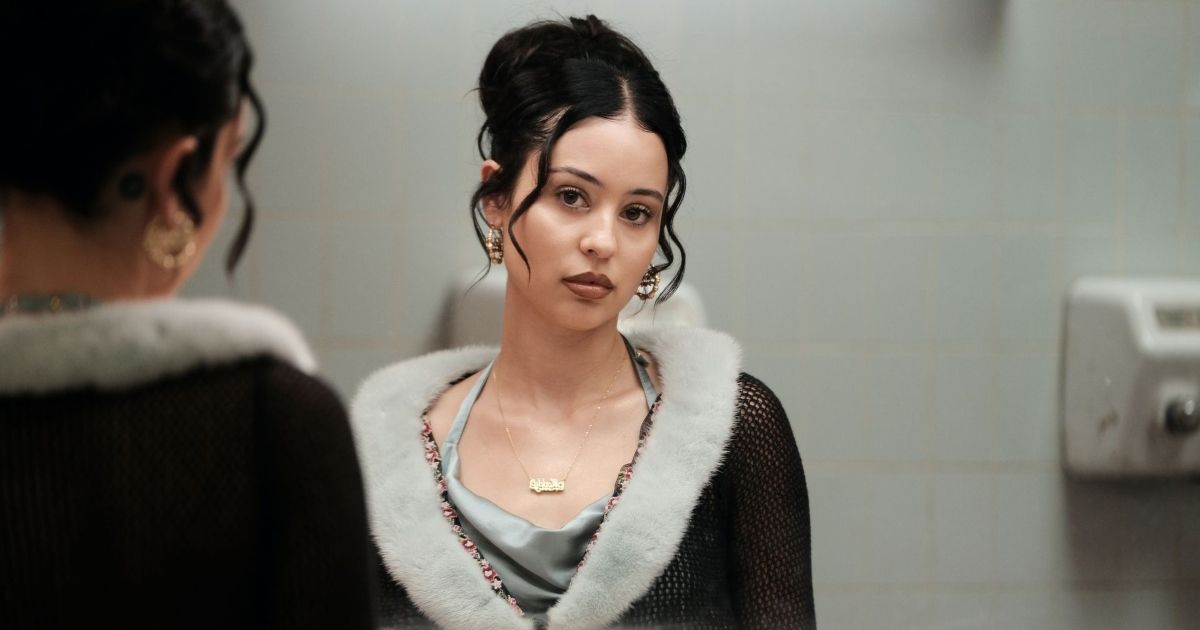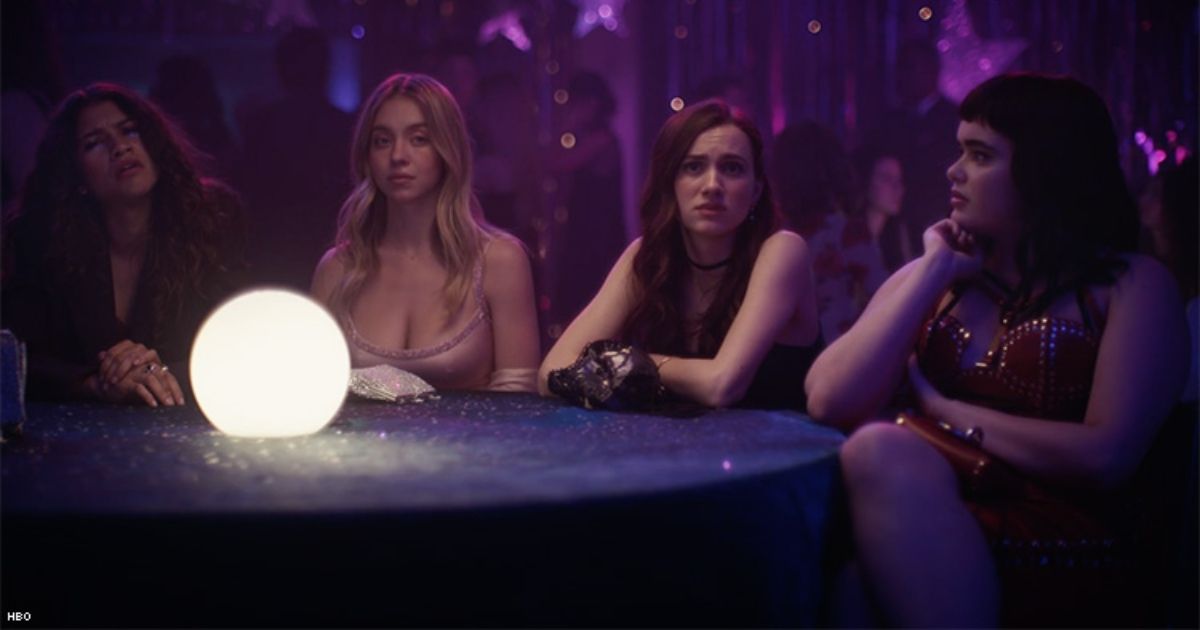Teen dramas have been a popular trend for decades now. Degrassi: The Next Generation, Riverdale, Elite, Thirteen Reasons Why and many others in their class bring in audiences through their stories of grieve, teen angst, and general conflict that are irresistible to watch. When Euphoria released in 2019, it became an overnight sensation through its heavy themes depicting relationship violence, addiction, and sexuality better than most teen dramas before it, but Euphoria is notably an insight into two generations: Millennials and Gen-Z. Here is why Euphoria is the perfect crossover between the Millennial and Gen-Z generations.
Cal and Nate Jacobs - Repressed Sexuality
Cal Jacobs is inarguably the secondary antagonist in the series next to his son, Nate. From recording himself having sex unbeknownst to his partners, leading a double life, to his general degenerate personality, Cal is at the core of his family's dysfunction. Nevertheless, he is just a byproduct of his generation. A millennial dealing with his sexuality in the early 2000s, Cal is torn between his relationship with Marsha and his lover and best friend, Derek. With the changing times, Cal decides to come out to be with Derek, but not before Marsha reveals she’s pregnant with their first child. Tethered by the social norms of his community, Cal instead forms a loveless marriage with Marsha. Cal represents every millennial who has dealt with the heartache of coming out to a society that is still adjusting to the normalization of gay sexuality, and ultimately, those unable to succeed in coming out in due time. This translates into themes of domestic abuse; Cal’s emotionless demeanor towards his family impacts Nate’s development, turning him into a cold and borderline psychotic individual. This disturbing father-son duo gives a raw depiction of what inhibited sexuality brings forth to a family unit, regardless of generational values.
Rue - Addiction
Zendaya delivers not only a nuanced portrayal of addiction as Rue, but one that comments on grieve and how it affects different generations. Rue deals with an addiction as both a coping and numbing mechanism for everything occurring around her since her father's death, but Rue’s addiction extends to her family and friends as well. Her mother, Leslie Bennett, not only deals with Rue’s addiction; she has to contend with being the sole provider for her family amidst Rue's chaos. Rue’s sister, Gia, is herself a victim of Rue’s substance abuse; a mere child, Gia witnesses the destructive events of her sister’s addiction while trying to navigate through her own growing pains, including the absence of a father she never formed any memories of while being relegated to a support system by her mother instead of receiving nurturing. Rue’s girlfriend, Jules, carries the weight of having an addict as a partner, while also dealing with assimilating to their gender identity. Rue’s addiction shows that regardless of generation, addiction is an all-consuming force that destroys countless lives in its wake.
Maddy - Identity and Abusive Relationships
Maddy Perez is one of the most complex characters on Euphoria. Raised in a world of child beauty pageants, Maddy has an immediate confidence bestowed upon her that is threatened in the blink of an eye. This results in an emotional domino effect for a young Maddy, spending her entire adolescence trying to create an identity based on a unique fashion sense, make-up, to a combative exterior. This foundation slowly tears apart when Maddy starts dating Nate Jacobs. Nate represents everything Maddy has been looking for since being removed from beauty pageants; attention, popularity, and validation. This short-lived gratification soon spirals into a dysfunctional and violent relationship, with Nate controlling almost every aspect or Maddy's agency. While Maddy’s friends attempt to intervene, Maddy refuses to accept there’s a problem during the initial stages of abuse.
Her inability to end this unhealthy emotional attachment to Nate is heavily influenced by not only a feeble self-confidence, but by her lacking parental support. Her father, while physically present, is consumed in alcoholism, while Maddy’s mother spends entire days working to keep her family afloat. Maddy’s family is, in their own right, a contributor to Maddy’s abuse at the hands of Nate Jacobs. Maddy is a reflection of countless Millennial and Gen-Z youths who linger onto abusive relationships because they're the only perceivable option.
Lexi and Cassie Howard - Parental Abandonment
Lexi and Cassie Howard show two sides of the same coin: they are both victims of parental abandonment, yet their reactions are completely different. While Lexi channels all her energy into academia and the arts, Cassie develops a keen interest in her sexuality. Both these characters shape many of the events in Euphoria through their trauma response; Cassie’s need to embrace her sexuality leads to a spiral of bad relationships that culminate with her dating Nate Jacobs, ending her close friendship with Maddy and inciting a rivalry between the three. Lexi, in her attempts to express her identity among her circle of friends, and notably, her older sister, Cassie, writes a school play that catapults everyone to take a look at their flaws while exposing Nate Jacobs for the social pariah that he is. These two siblings represent the different coping mechanisms created by abandoned children, a serious problem that hit an all-time peak among Millennials and carried onto the Gen-Z generation.
Friendship
One common factor between Millennials and Gen-Z, and any generation for that matter, is the volatile nature of friendship. Cal Jacobs falls in love with his best friend, but instead marries Marsha out of obligation. Rue and Jules start as an unlikely friendship that eventually leads into a deep connection. Cassie chooses a romantic relationship over a seemingly meaningful friendship with Maddy, and Rue and Lexi are torn apart by Rue's addiction and their conflicting values systems. Regardless of generation, friendships end and begin as people change due to societal factors or simply their own evolution as individuals. Euphoria represents how the two defining generations of this day and age are ultimately one and the same.

